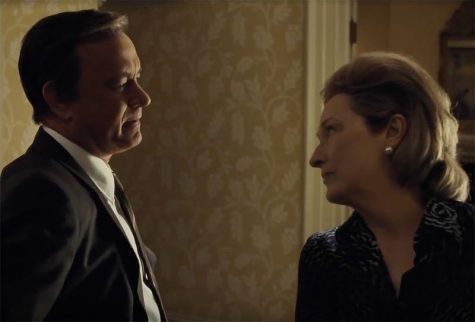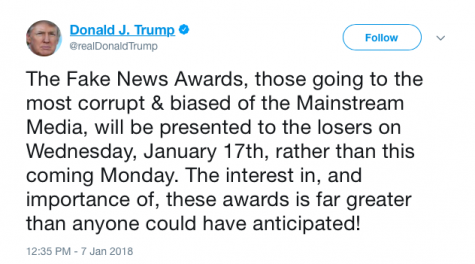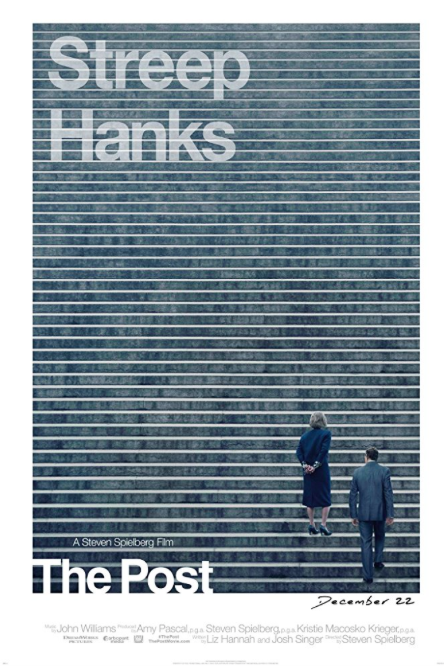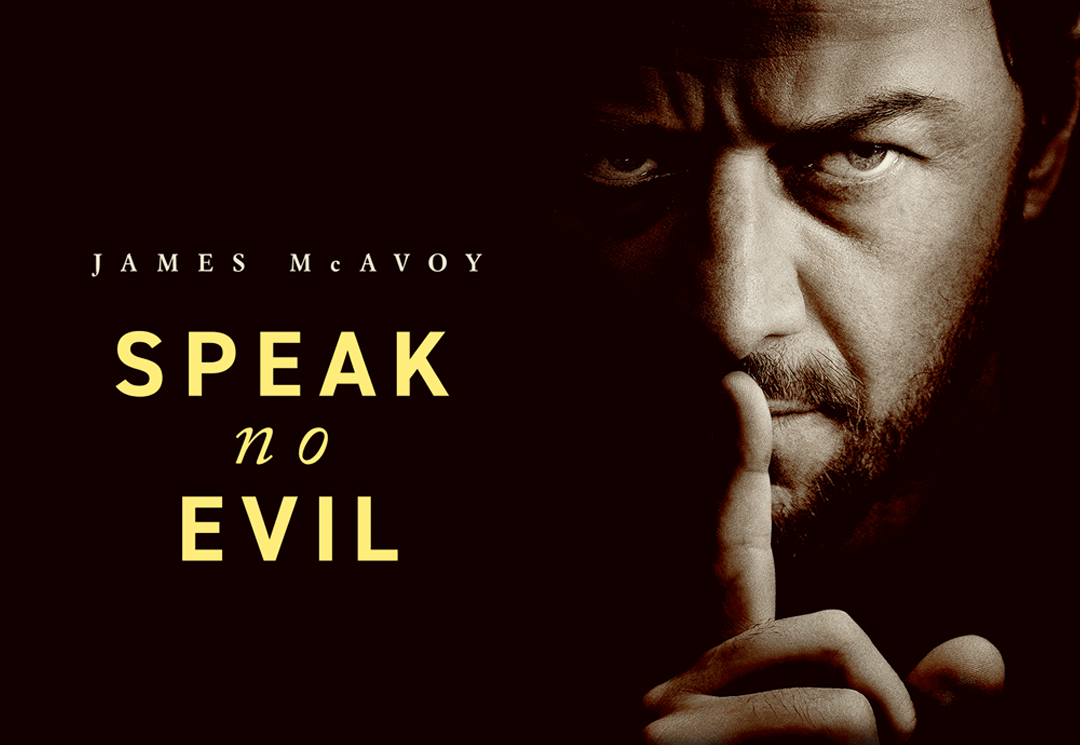Like many of the journalism dramas that came before it, The Post, directed by Steven Spielberg, reminds us of the indispensability of journalism and the free press. Though set in the early 1970s, the major themes and plot elements could easily be found in today’s media.
The story follows the first female publisher of the Washington Post, Katharine “Kay” Graham (Meryl Streep), and the paper’s editor, Ben Bradlee (Tom Hanks), as the two try to figure out what to do with the top secret government documents that would later be known as the Pentagon Papers. President Nixon had just essentially silenced the New York Times for publishing a small section of the same documents. With the threat of prison and the extinction of the Post, Graham famously chose to publish.

The point is crystal clear: we need a free press in order to hold the government accountable. If you missed that part of it, you may have been asleep. There’s nothing subtle about this film. But just as The Post is appropriately on-the-nose, so will be this review.
The frankness of the subject matter acts not only as a reminder but as a warning. What will become of the first amendment should government officials get away with dictating the validity of journalism? In times like these, The Post says we can’t afford to be subtle about anything.
The movie’s wide release comes almost a year after the White House infamously barred multiple publications (New York Times, CNN, Los Angeles Times, to name a few) from attending a press briefing and Q&A session. We’re also supposedly days away from President Trump’s “Fake News Awards.” This administration has quickly developed a reputation for going to battle against the free press, and it seems more and more Americans are following suit.

In the current climate, it’s understandable that publications be timid to cover the president and his administration. But The Post offers this: be brave. Arm yourselves with knowledge, facts, tenacity, and the Constitution. Because the only way to preserve the right to publish is to publish.
This theme is driven home without hesitation, but others lie within. Spielberg also shows what can happen when members of the media stand together to oppose censorship. Sure, different publications are in competition with each other for readership, but in order to maintain their freedoms, comradery is a must, especially in the face of an attack.
Graham is also used to highlight the difficulties women experience in leadership positions. She’s talked over and interrupted in meetings, and the men in the room very clearly aren’t interested in what she has to say, even if she has the answers before they do. Some don’t even believe she deserves to hold her position. But she’s the boss, and what she says goes. Graham not only finds her voice, but she projects it across the country and throughout the decades of history. If you listen, you can still hear it.
Sails: 5/5
__
For more information or news tips, or if you see an error in this story or have any compliments or concerns, contact editor@unfspinnaker.com.
















